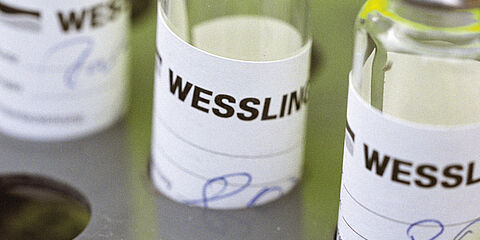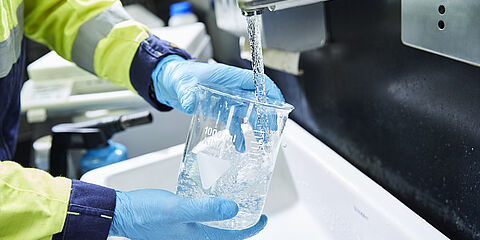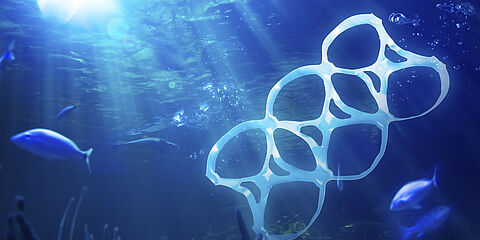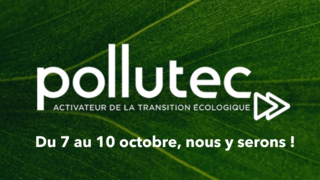Why do water micropollutants require our full attention?
Jean-François CAMPENS, Managing Director of WESSLING France was interviewed by Actu-Environnement about water micropollutants. Discover the content of the interview here.
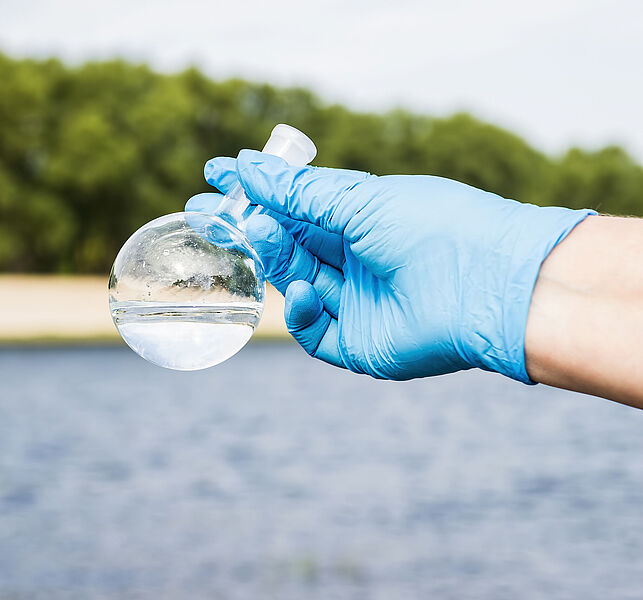
Actu-Environnement : Why is there increased vigilance on micropollutants in water?
J.-F. C.: Studies demonstrate the presence of micro-pollutants, highlight their impact on health and alert the general public. Paradoxically, regulations do not invest much in this field. It is therefore up to manufacturers to anticipate and act accordingly.
Let's take the example of microplastics; we now know how to identify their sources. We also know that plastics contain toxic substances and endocrine disruptors such as PFAS (PerFluoroAlkylSubstances), phthalates and other bisphenols. They have been analysed by our laboratory for several years, whereas the awareness of the risk they represent is rather recent.
Actu-Environnement : Who are the main clients for analyses of aqueous micropollutants?
J.-F. C.: For non-drinking water, the State. It controls discharges and is responsible for monitoring their composition. It is the main party requesting analyses. Downstream, it is mainly design offices, industrialists, operators of wastewater treatment plants, local authorities and other players in the field of wastewater treatment and depollution who call on our laboratory.
This market is in constant evolution, and we do not hesitate to investigate fields on which there are not yet any regulatory texts.
Actu-Environnement : What are the means of analysis used in your laboratory?
J.-F. C.: Our laboratory is equipped with state-of-the-art technologies, such as Raman spectroscopy, which allows us to determine the typology of microplastics, or GC-MS pyrolysis, which allows us to quantify them in mass. These tools allow us to detect microparticles as well as nanoparticles. We also have sophisticated analytical means to detect unknown organic substances and reach quantification limits of the order of nanograms per litre, or to search for drug and plant protection residues. In addition, WESSLING participates in and coordinates several European research projects in the field of microplastics. Our analytical laboratories and our innovation capacities are entirely driven by our desire to support the market in improving the quality of life.
